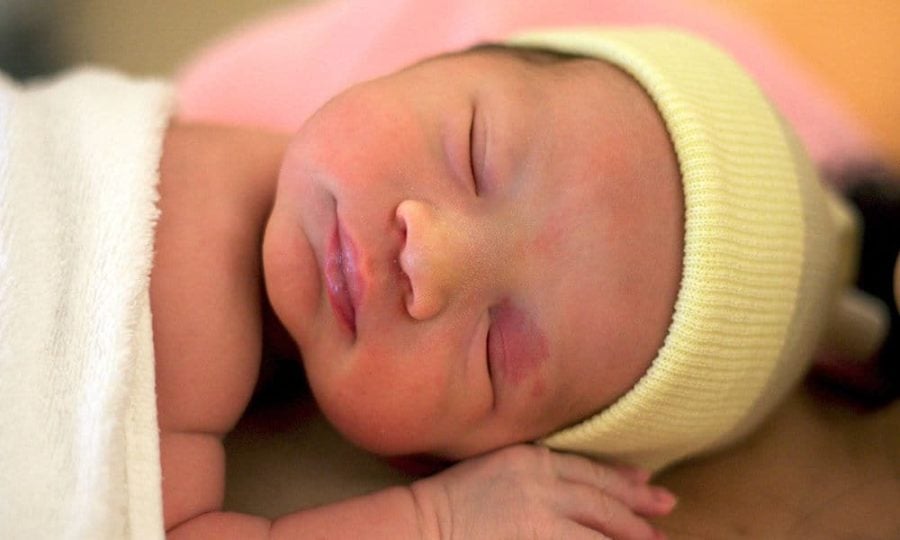Maternal thyroid hormones are critical for fetal brain development, but levels are frequently abnormal in women of childbearing age. Correcting symptomatic cases protects both mother and baby from complications – and according to the latest review on thyroid dysfunction in pregnancy, growing evidence shows those with no symptoms could also benefit. Published in Frontiers in Endocrinology, the new paper argues convincingly that universal thyroid screening in early pregnancy holds promise for improving fetal and maternal outcomes.
Mention pregnancy and hormones, and what do you think of? Probably not the thyroid. But a fetus is completely reliant on thyroid hormones from its mother up to 16 weeks – a critical period for brain development. Too much or too little can reduce later IQ, and increases the risk of premature birth, pre-eclampsia¬ and other complications.
“Fortunately, thyroid dysfunction is readily diagnosed with reliable blood tests and easily corrected with safe, inexpensive and available treatments,” says lead review author Dr Peter Taylor of Cardiff University, UK. “In fact, universal thyroid screening in early pregnancy fulfills most criteria for a beneficial and cost-effective screening program, and has already been implemented in countries like Spain, China and Poland.”
But others, like the UK and USA, opt instead for a ‘case-finding’ approach. This means they screen only those women considered to be at high risk of thyroid dysfunction – based on clinical signs or symptoms, or a history of autoimmune diseases or preterm deliveries.
So why doesn’t everyone agree on universal thyroid screening in early pregnancy?
“Economic models show that universal screening is the most cost-effective approach, even if only obvious hypothyroidism (profoundly low thyroid hormone level) – which is often missed by case-finding – affects pregnancy and brain development.”
The debate hinges therefore on the risks and benefits of treatment in cases where diagnosis is less certain – in women with abnormal or borderline thyroid tests, but no symptoms. Inadvertent overdiagnosis in borderline cases due to universal screening risks unwarranted patient anxiety and pressure on frontline clinicians, as well as potential overtreatment which could negate benefits and has potential risks.
While there is a strong association between mild hypothyroidism and key adverse outcomes such as pregnancy loss, there is a lack of high-quality trial evidence on the impact of thyroid hormone replacement in these cases. One such trial showed that treatment of ‘low-risk’ cases led to fewer pregnancy complications; two others found no effect on child IQ, but these initiated thyroid hormone replacement after the critical period for brain development, and therefore possibly too late to have had an impact.
What does this mean for pregnant women in case-finding countries like the USA and UK?
“Universal thyroid screening in early pregnancy could improve child IQ and reduce complications of pregnancy. However, a consensus is unlikely to be reached without further controlled trials which recruit women pre-conception or as early as possible in pregnancy,” admits Taylor.
“In the interim, the outcomes of existing universal screening programs will be crucial in gaining insights into the practicalities of this approach.”

